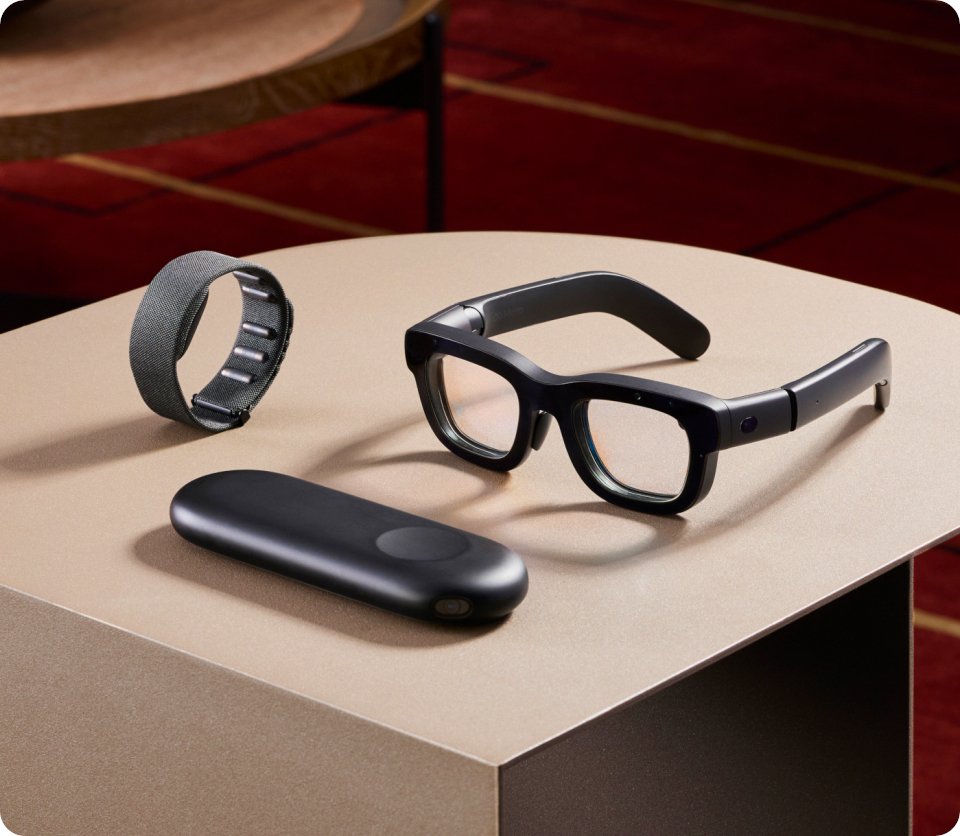Meta Connect 2024: The Metaverse is Far From Dead
Everyone’s been saying that metaverse investments are dead, especially after Facebook announced it was scaling back on the metaverse. But if you checked out Meta Connect 2024, you’d know that’s far from the truth. In fact, it was an exciting display of innovation, and I’m here to share my take on what really went down.
First, let me just say—I watched the keynote with my Ray-Ban Meta glasses, and they’ve completely changed how I experience events. Whether it’s recording a concert or a new version of The Nutcracker, I can discreetly capture moments without even pulling out my phone. That’s part of the metaverse’s promise—seamless integration between the digital and physical worlds. These glasses are incredible; I use them daily, and the audio is better than my AirPods! The only hiccup is that some AI functions, like Meta’s new LLaMA 3.2 model, aren’t available in the EU yet. But that’s something we’ll likely see changing soon.
Meta is making huge strides in three key areas: augmented reality (AR) devices, virtual reality (VR), and AI. While they’re not using the word “metaverse” as much, that’s only because the terminology has lost its buzz. The development, however, is very much alive.
1. Augmented Reality
One of the coolest things they showcased was real-time translation through their AR glasses. Imagine Zuckerberg and a UFC fighter communicating seamlessly via automatic translation, all thanks to these sleek devices. This convergence of languages, powered by AI, demonstrates how AR will revolutionize global communication. And as someone living in the EU, where I encounter Greek, Russian, and more, this feature is a game-changer.
Meta’s AR approach is unique because they’ve moved away from traditional displays like Google Glass. Instead, they’re using new systems that generate images around the lens. It’s a subtle but significant shift in how we’ll experience AR moving forward.
2. Virtual Reality
The launch of the Oculus Quest 3 was another highlight. I own a Quest 2, and while I love it, the Quest 3 seems like an impressive upgrade at just $299. The ability to integrate voice, hand movements, and visual inputs into VR experiences is transforming how we interact with technology. And while I’m still waiting for the Quest 4, what’s clear is that VR continues to evolve, offering more immersive experiences at increasingly accessible prices.
3. Artificial Intelligence
AI, of course, was another major focal point of the keynote. Meta’s open-source approach to AI development stands out—making AI accessible to everyone. Meta’s LLaMA 3.2, their large language model, is already being used across platforms, though not yet available in the EU due to regulatory constraints. Meta’s commitment to open-source innovation is reminiscent of their previous projects like the Open Compute Project, where they shared cloud hardware designs with the world. AI is going to be integrated into all their products, from AR glasses to social media apps, and it’s free for developers to build upon.
What’s fascinating about Meta’s approach is that while they’re leading the charge on AR, VR, and AI, they’ve pulled back on one element that was once key: digital assets. After the crash of the Libra project, which aimed to create a digital currency backed by global assets, Meta seems to have shifted focus. While WhatsApp payments are being tested in countries like Brazil, Zuckerberg hasn’t yet transformed WhatsApp into the kind of all-in-one platform for payments that WeChat has become in China.
The Future of the Metaverse
So, is the metaverse dead? Not even close. Meta has moved beyond the hype of the term and is now focusing on the actual development of these technologies. What we’re seeing is the convergence of the physical and digital worlds, whether through AR, VR, or AI. These innovations are the building blocks of what the metaverse truly is—not just a virtual space but an integrated, immersive digital reality.
Sure, there are some kinks to work out, like the overheating issues I’ve had when transferring large video files from my Ray-Bans to my phone. But those are minor bumps in the road compared to the immense potential these technologies have to change the way we live and interact.
The world is going to become an incredible place over the next 10 to 20 years, and Meta is positioning itself at the forefront of that evolution. So, despite what the critics say, the metaverse is very much alive—and it’s only getting started.
Let me know in the comments—what are your thoughts on Meta Connect 2024? Are you as excited about the future as I am? Let’s keep the conversation going!

13 responses to “Meta connect 2024 – VR, AR and AI to build the Metaverse”
cheapest buy enclomiphene canada fast shipping
buy cheap enclomiphene generic compare
rabais canadien kamagra
medicament kamagra pharmacie au rabais comtat venaissin
purchase androxal to canada
androxal no dr
online order dutasteride generic available
ordering dutasteride cheap prices
canadian flexeril cyclobenzaprine prices
cheap flexeril cyclobenzaprine buy from canada
how to buy fildena generic tablets
how to buy fildena uk no prescription
discount gabapentin australia generic online
buying gabapentin generic usa
buy cheap itraconazole generic online buy
buy itraconazole generic online cheapest
cheap avodart cheap usa
online order avodart buy in london
purchase staxyn cheap alternatives
order staxyn canada drugs
cheapest buy rifaximin generic online pharmacy
va approved rifaximin drug
how to order xifaxan cheap from usa
buy xifaxan generic when will be available
kamagra z kanady bez lékařského předpisu
je kamagra u přepážky v austrálii